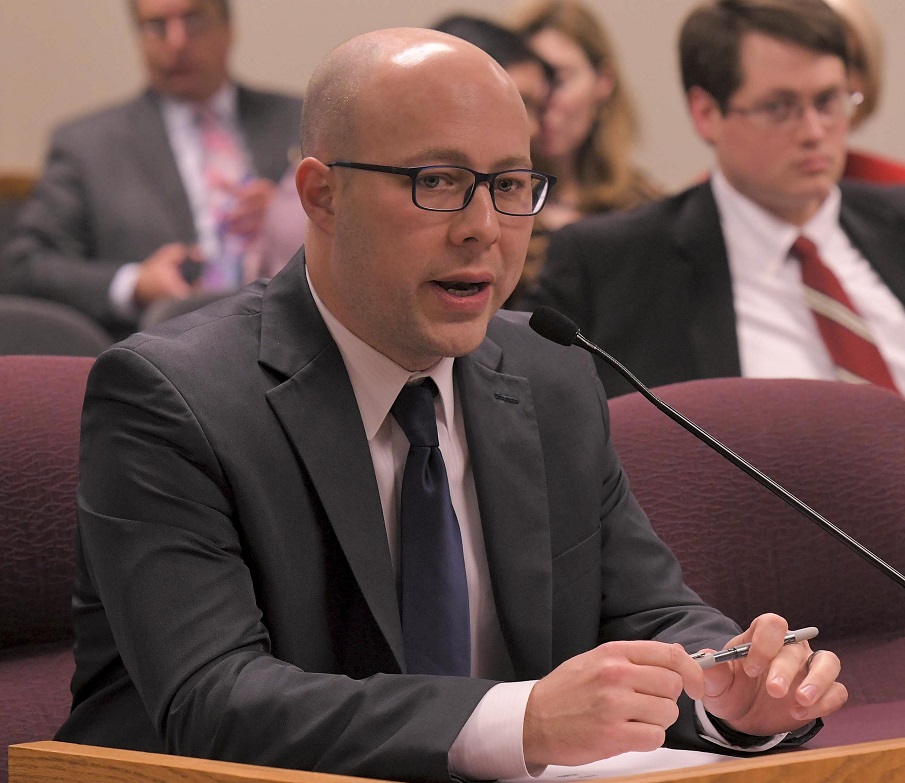The Missouri House of Representatives has voted to increase protection for children in the state’s childcare facilities by broadening background checks on those facilities’ workers.

Versailles Republican David Wood told his House colleagues the state is not conducting background checks including fingerprints of those who come from out of state and apply to be childcare providers.
Wood said his House Bill 2249 would put Missouri in compliance with federal regulations. Missouri is currently operating under a federal waiver, and once that expires on September 30, Missouri will lose about $5-million in federal grant money.
Unless and until it passes, he said parents don’t have much ability to know the background of those workers taking care of their children.
Applicants undergoing background checks would be allowed to work in child care facilities while the check is being conducted, but could not be left with children unsupervised during that time. A worker would have to undergo a new check every five years.
The bill’s requirements would not apply to facilities not getting state or federal money, to those taking care of children within three degrees of relation to themselves, or those who have four or fewer children in their care.
The House voted 131-4 to send HB 2249 to the Senate. The same language is included in another bill, House Bill 2042, which has also been sent to the Senate.
The language of HB 2249 is also found in House Bill 2042, which reforms the sex offender registry.
